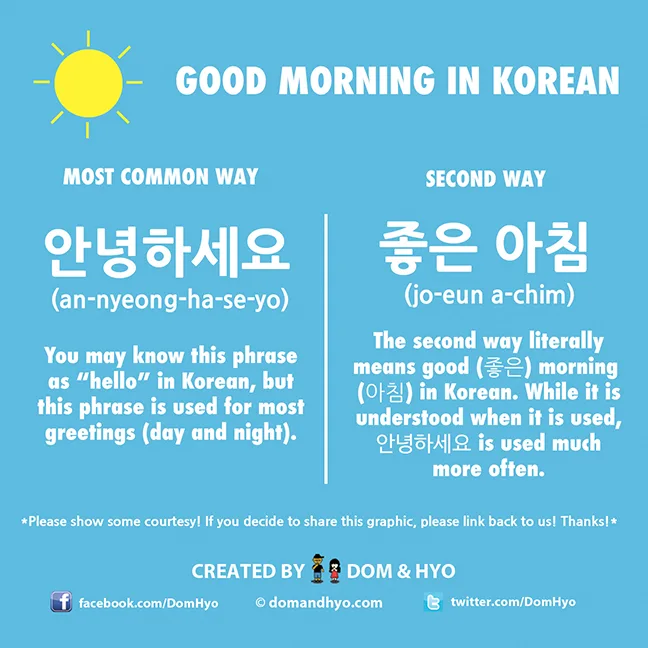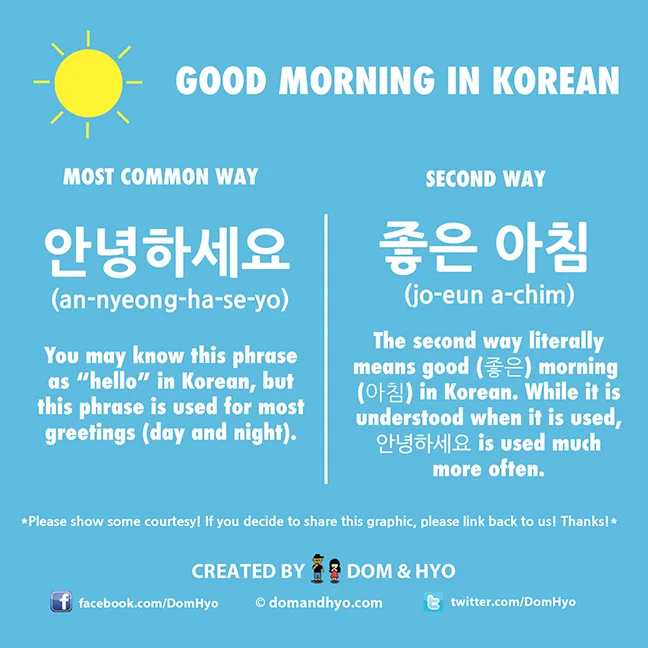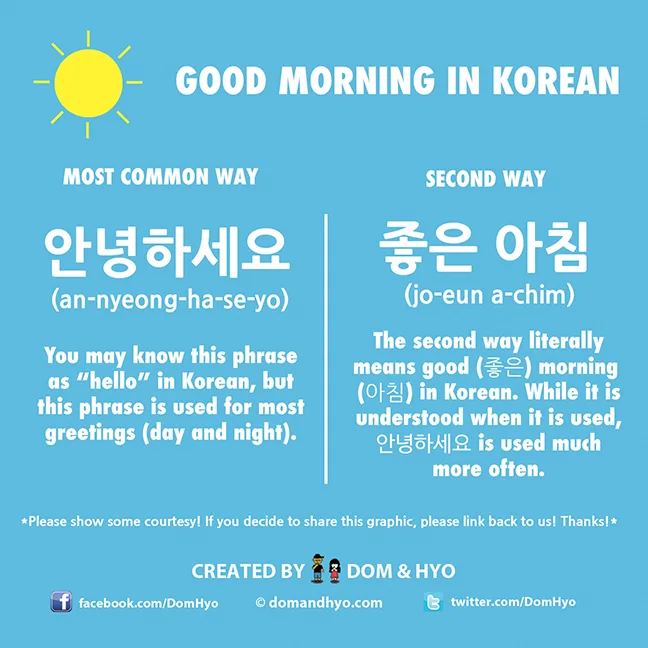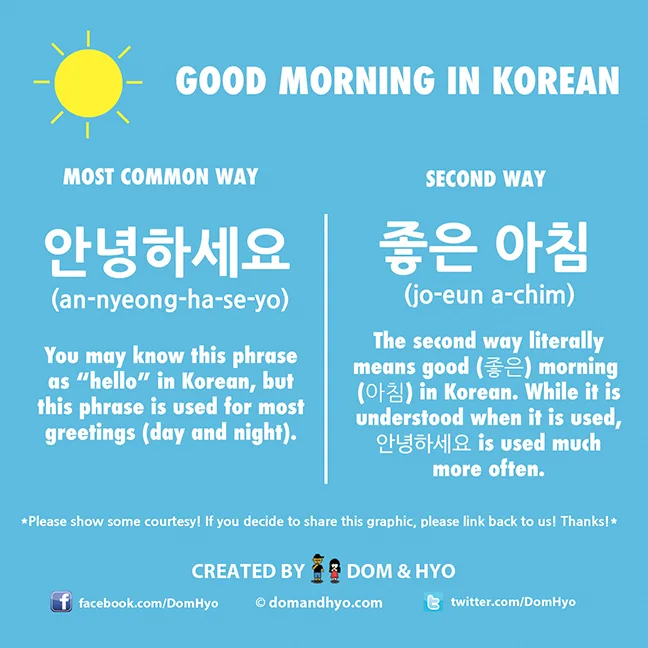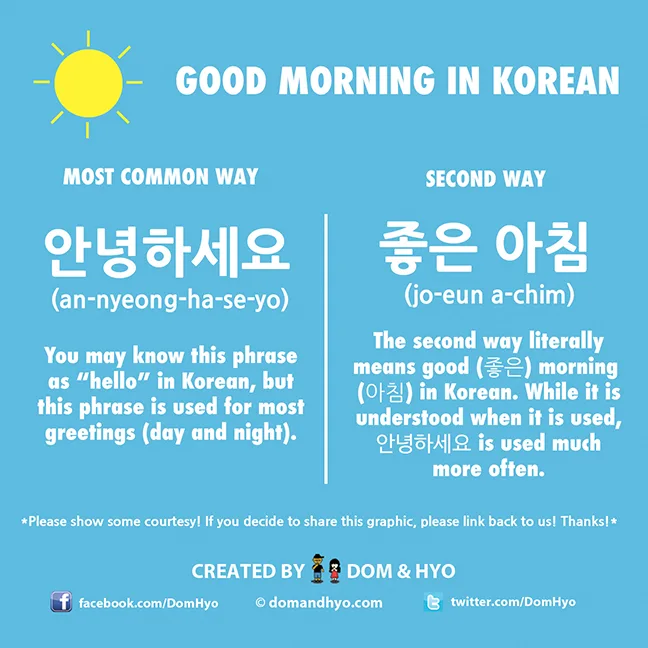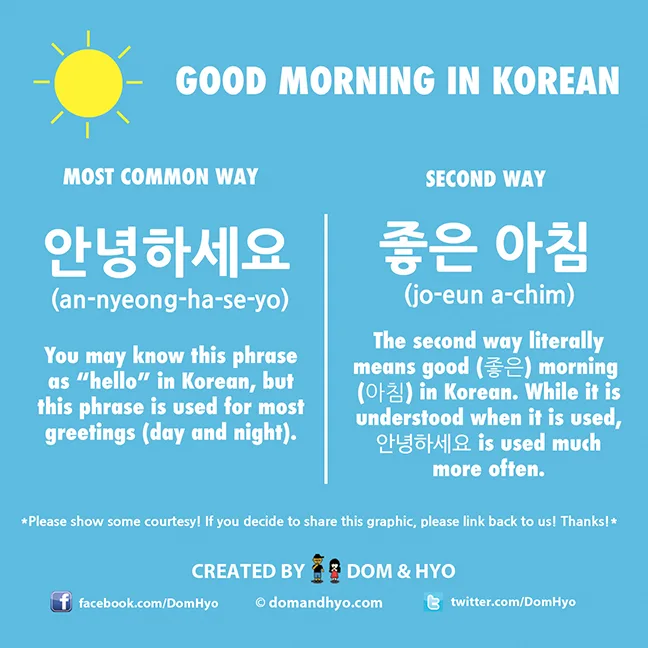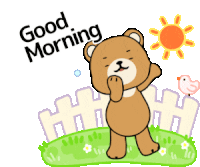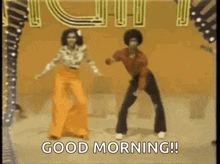how to say Good Morning in korean language
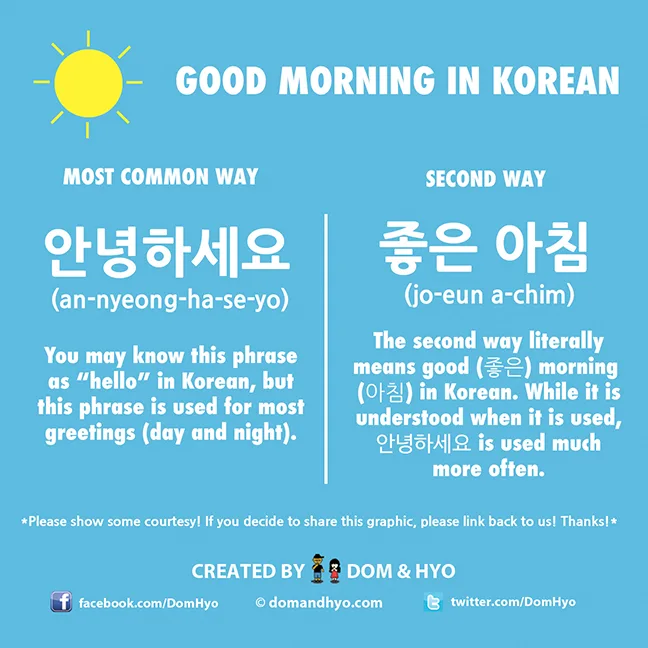
How to Say Good Morning in Korean: A Complete Guide
Are you looking to greet your Korean friends or simply want to expand your language skills? Saying “Good Morning” in Korean is a great place to start! In this blog post, we will explore the phrase, its pronunciation, cultural significance, and some variations to make your morning greetings more vibrant.
The Standard Greeting: “안녕하세요” (Annyeonghaseyo)
In Korean, the most common way to say “Good Morning” is by using the phrase “안녕하세요” (annyeonghaseyo). While this translates to “Hello,” it is appropriate for morning use and can be used throughout the day.
Pronunciation Tips:
- Annyeonghaseyo: [ahn-nyuhng-hah-seh-yoh]
- Break it down into syllables to make it easier to pronounce correctly.
A More Formal Way: “안녕하십니까” (Annyeonghasimnikka)
If you want to convey a more formal greeting, especially in a business context or when addressing someone older, you can use “안녕하십니까” (annyeonghasimnikka). This is a respectful way to greet someone and is often used in formal settings.
Pronunciation Tips:
- Annyeonghasimnikka: [ahn-nyuhng-hah-sheem-neek-kah]
- Practice saying it slowly at first and gradually increase your speed.
Morning-Specific Greeting: “좋은 아침입니다” (Joeun Achimimnida)
If you want to be more specific and wish someone a “Good Morning,” you can say “좋은 아침입니다” (joeun achimimnida). This literally translates to “It is a good morning.”
Pronunciation Tips:
- Joeun Achimimnida: [jo-eun ah-cheem-im-nee-dah]
- Remember to emphasize the “j” sound in “Joeun.”
Cultural Significance of Morning Greetings
In Korean culture, greetings hold significant importance. They are a way to show respect and establish a connection with others. Morning greetings are especially meaningful as they set a positive tone for the day. When you greet someone in Korean, you acknowledge their presence and express goodwill, which is highly valued in Korean society.
Variations to Make Your Greeting Unique
Casual Greeting: If you’re among friends or younger individuals, you can simplify your greeting to just “안녕” (annyeong), which means “hi” or “bye.”
To add warmth: You can say “좋은 아침!” (Joeun Achim!), which is a friendly way to say “Good Morning!” without the formalities.
Adding a personal touch: If you know the person well, you can incorporate their name into your greeting, for example, “철수야, 좋은 아침!” (Cheolsuya, joeun achim!) which means “Cheolsu, good morning!”
Conclusion
Now that you know how to say “Good Morning” in Korean, you can impress your friends and enhance your language skills. Whether you choose the standard “안녕하세요,” the formal “안녕하십니까,” or the morning-specific “좋은 아침입니다,” your greetings will surely brighten someone’s day.
For more tips and resources on Korean language and culture, stay tuned to GoodMorningWishes.net. Let’s spread positivity and goodwill, one greeting at a time!
By understanding and using these greetings, you not only show respect for the Korean language but also embrace a beautiful aspect of Korean culture. Happy learning and 좋은 아침! (Good morning!)


